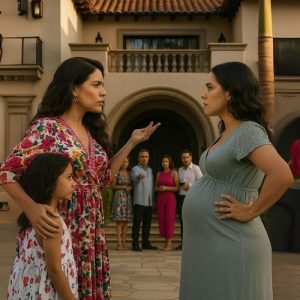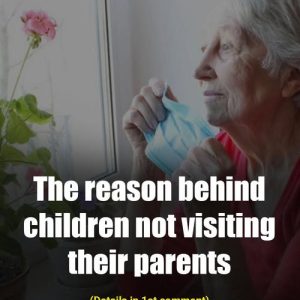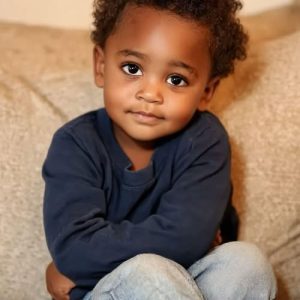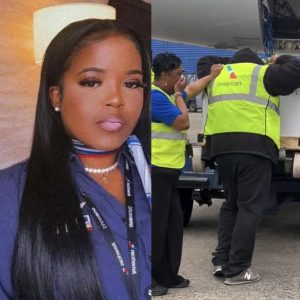When my younger brother, Keane, was diagnosed with autism at four, I was just seven. I didn’t fully understand what that meant. Teachers sometimes said he should be placed with “kids like him,” which confused me and stung deeply. He used to speak in fragments, but by age four the words quieted, and eventually he stopped speaking altogether.
Two years ago, when our mother died, I didn’t hesitate: I brought Keane to live with me and my husband. Though he was nonverbal, he was family—and an institution was never an option. We believed he belonged at home, loved and seen.
A few months later, I had our son, Milo. One morning, while Milo slept, I took a quick bath. I heard him cry—then ominous silence. I ran out shampoo still in my hair, and froze at the nursery door. There was Keane, rocking Milo gently in his arms, patting his back with one hand. Our cat Mango curled in his lap. In a whisper I never expected, he said: “He was scared. I made him a heartbeat.”
Tears came without warning. That first intentional sentence from Keane in decades was more than words—it was awareness, protection, love.
The next day, he asked for “coffee”—something I’d never heard him say. Then, looking directly into my eyes, he said, “I will watch Milo.” It felt like a bridge, built with a few brave syllables, reaching out to us again.
Milo’s presence unlocked something in Keane. He began reclaiming voice, showing responsibility, forming emotional bonds. In caring for Milo, Keane found purpose—and in doing so, he reconnected with his own self. Love and trust coaxed him back into relation, and little by little, his silence was no longer a barrier, but a passage.





